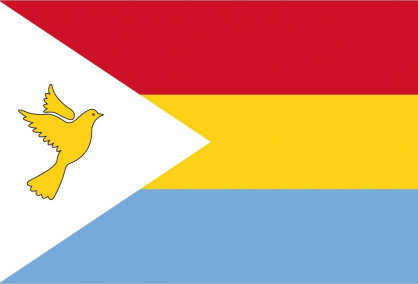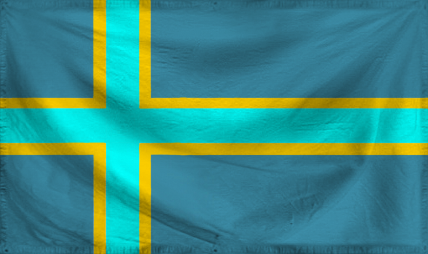Avinaa has had six elections since 2000: 2003, 2007, 2011, 2013, 2015, and 2019. I am going to cheat a bit and include the election of 1999. Avinna has a semi-presidential system with a relatively empowered presidency. The president can veto legislation, nominates federal judges, serves as commander-in-chief, and sets the nation's foreign policy by negotiating international treaties. The president also has some discretion on who to appoint as prime minister.
Avinna's president is elected in a two round system (if no one wins over 50% of the vote). There are 450 seats in the House of Representatives (226 needed for a majority). There are five federal parties. The New Democratic Party (NDP) resides on the broad center-left with the Social Democrats (SDP) being a leftwing socialist party. The Greens are a minor left wing party and only recently have seen success. On the broad center-right Avinaa has the National Conservative Party (Con.) that unites political centrists, conservative secularists, and social conservative Christians. The Christian Social Union (CSU) is a neo-fascist party that unfortunately was seeing growing success. They are often universally condemned by the political class.
What have been the results of our elections since 2000? (ish)






